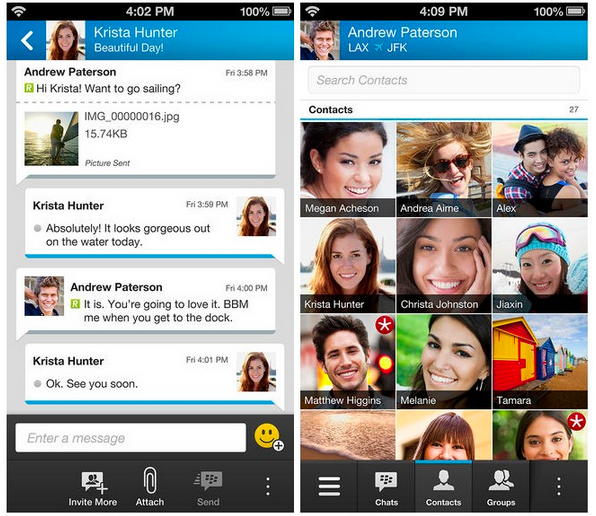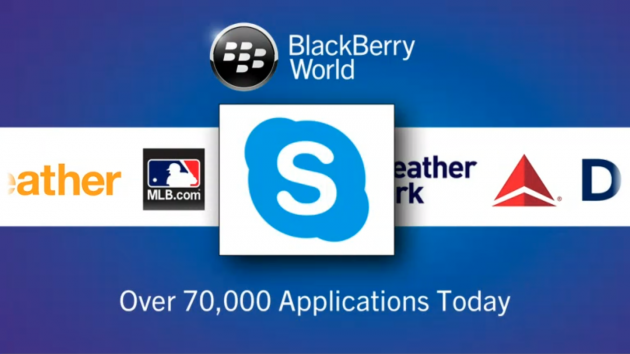What is meant by a smartphone?
A smartphone is a mobile phone that has multiple capabilities and possesses many of the same functions of a desktop computer.
There are currently just under 7 billion mobile subscriptions worldwide, with smartphone subscriptions sitting at over 1 billion. The most popular are Android and iPhone smartphones, which contributed to 90% of smartphone sales in 2013.
What are the key developments in smartphone improvements?
Some of the key developments in smartphones over the years include faster processors, increased camera resolution, increased variety, bigger storage space and larger screens.
Have they become smarter since they were first released?
Certainly. Smartphones have rapidly developed and improved since their inception in 1996, and continue to make people’s lives easier with each new development. The smartphone market is heavily competitive, with each operating system designed to support quicker and better features than the smartphones before.
Let’s take a look at the history and development of the BlackBerry smartphone. The first BlackBerry smartphone was developed in 2003, and it has been a transformative presence in the world of communication, drastically improving the way people communicate and the technology capabilities of smartphones.
When the BlackBerry smartphone was introduced, the possibility of sending and receiving emails on a smartphone was realised. It also enabled web browsing, thereby opening up a whole new platform of possibilities and options for users. People were no longer limited to accessing the internet on their desktops, and could now connect to the internet wherever they were, at whatever time they chose.
These are some of the improvements BlackBerry has made over the years:
- The improvement of third party apps, which means that apps can run faster. For example, if you are a fan of mobile casinos, you can download Royal Vegas Casinos Online quicker and easier than ever before
- The short battery life of smartphones is a thorn in the side of many smartphone users. However, the battery life of the BlackBerry has seen over 60 battery saving improvements since 2003 so that users can enjoy longer usage.
- Increased camera resolution
- A perfect example of the improvement of smartphone features is the Blackberry Z10. It has a 4.2 inch screen, USB and HDMI connectivity, a dual core processor of 1.5 GHz and an 8 megapixel camera as well as 2GB of RAM










